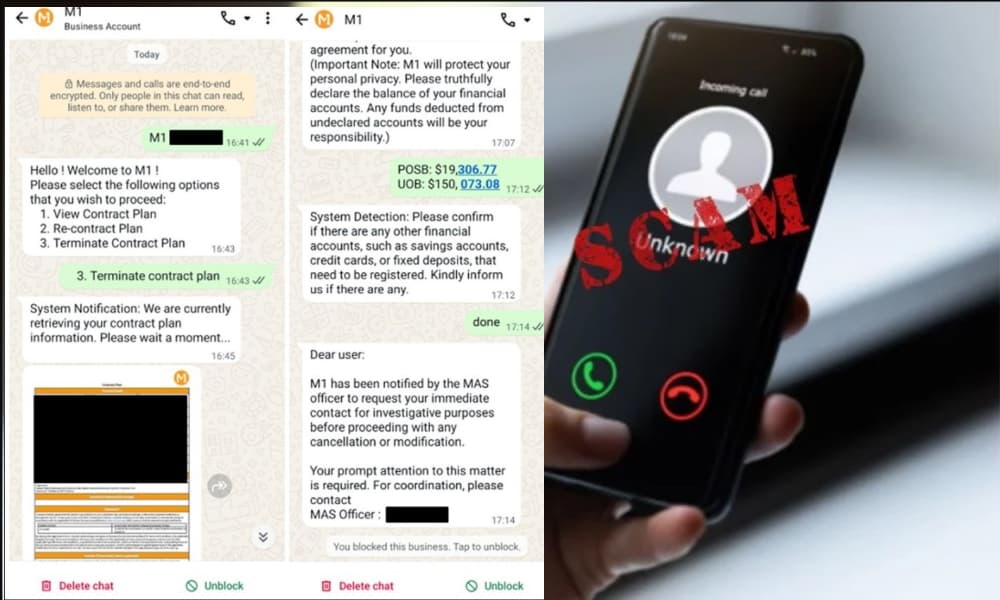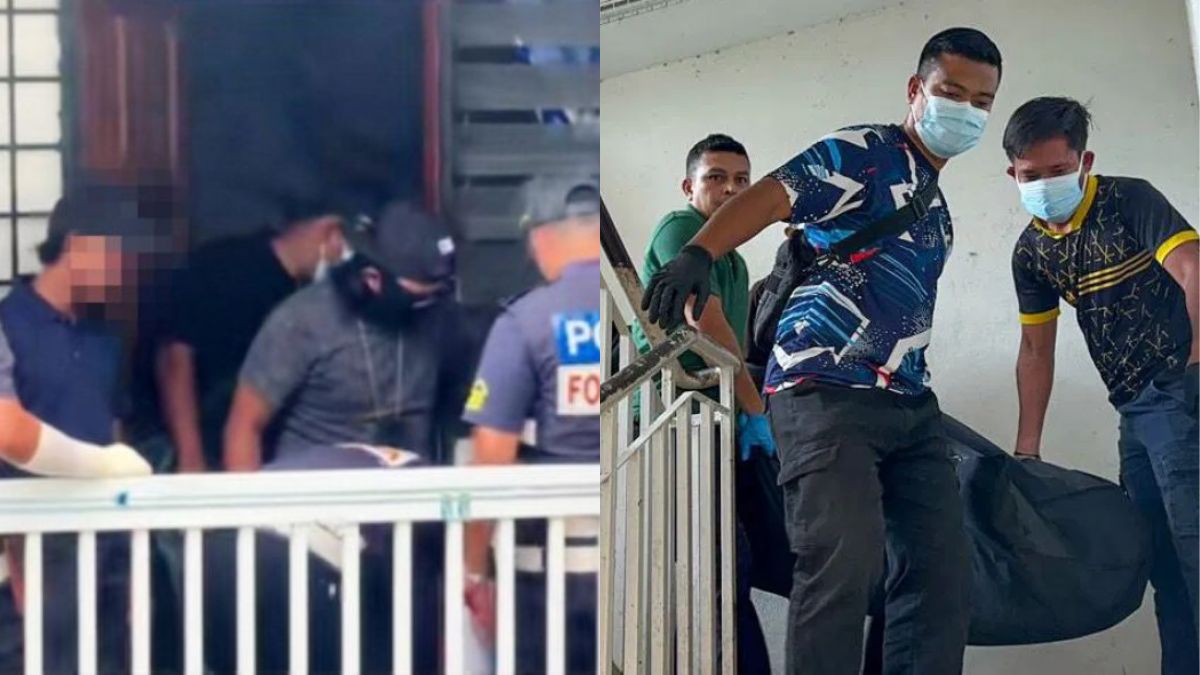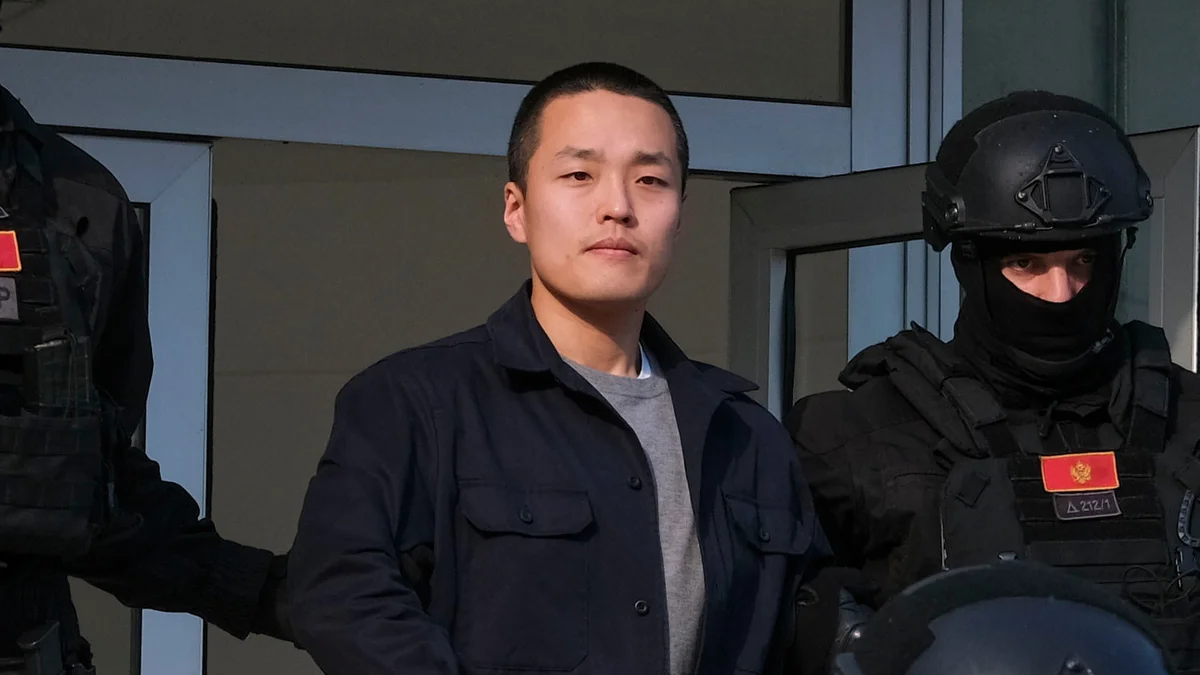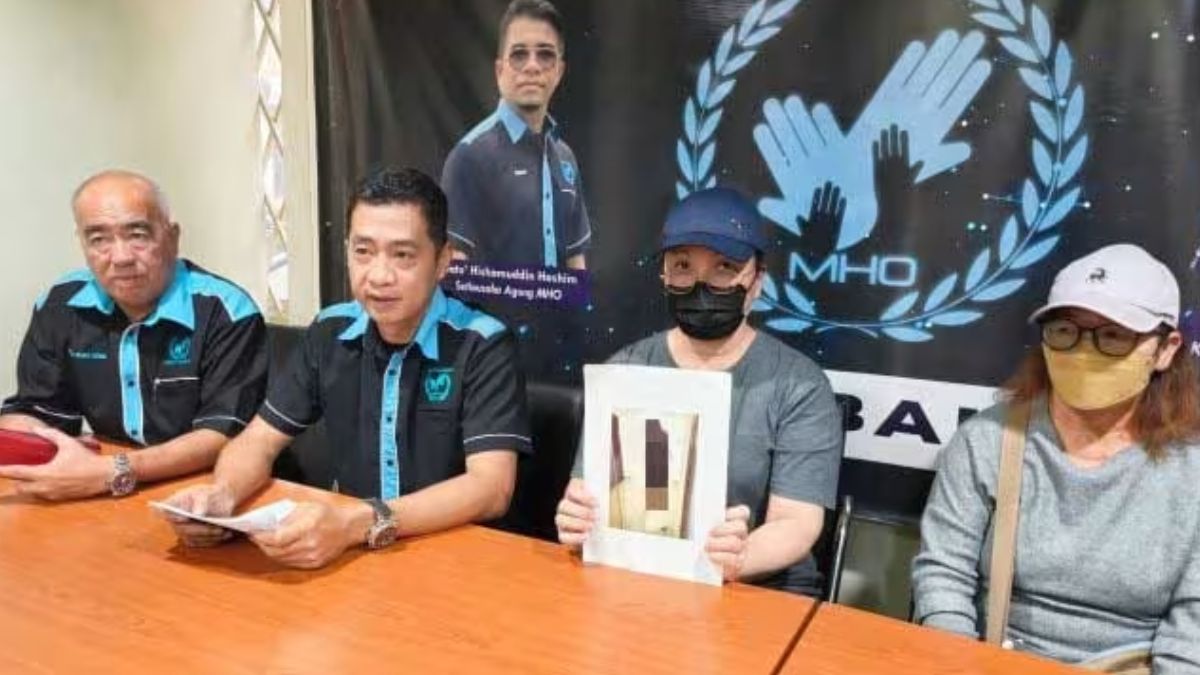Singapore police warn of new M1–MAS impersonation scam variant causing losses of S$362,000
Scammers impersonating M1 staff and Monetary Authority of Singapore (MAS) officers have cheated at least 13 people of a total of S$362,000 since September 2025. Police urge the public to remain vigilant and verify all calls, especially those involving payment or personal data requests.

- At least 13 scam cases have been reported since September 2025, involving fraudsters posing as M1 and MAS officers.
- Victims were deceived into transferring funds via PayNow, cryptocurrency, or “safety accounts.”
- Police urge the public not to share banking details, transfer money, or download unofficial mobile apps.
The Singapore Police Force (SPF) has issued an advisory warning the public to stay vigilant against a new wave of government official impersonation scams involving the telecommunications provider M1 Limited (M1) and the Monetary Authority of Singapore (MAS).
According to the advisory released on 6 October 2025, at least 13 cases have been reported since September, resulting in total losses of approximately S$362,000.
Victims typically received unsolicited phone calls or WhatsApp messages from individuals claiming to be M1 employees.
These callers alleged that the victims had outstanding payments or pending mobile phone deliveries linked to existing M1 plans.
When victims denied such subscriptions, they were told to contact “customer service” via WhatsApp to terminate their plans.
The conversation would then be handed over to another scammer impersonating an MAS officer.
This second caller would claim that the victim’s personal information had been used for criminal activities such as money laundering or fraud.
To “assist with investigations,” victims were instructed to transfer money to so-called “safety accounts,” make PayNow or cryptocurrency payments, or even hand cash to unknown couriers.
In some cases, victims were asked to share their phone screens via WhatsApp while logging into their bank accounts, giving scammers direct visibility of sensitive financial details.
The scam often came to light when the fraudsters demanded additional money or when victims verified the authenticity of the calls with the police.
The SPF reiterated that legitimate government officials, including those from MAS, will never request money transfers, banking logins, or app installations over the phone.
The advisory urged the public to follow the “ADD, CHECK, TELL” framework:
-
ADD: Install the ScamShield app to block scam calls and filter suspicious messages. Set low transaction limits and use the “Money Lock” feature on bank accounts to protect funds.
-
CHECK: Verify suspicious messages and calls using official sources such as the ScamShield helpline at 1799. Legitimate M1 calls will only display the caller IDs 1622, 1627, 1623, or 1693.
-
TELL: Inform the authorities, friends, and family about potential scams. Victims should immediately contact their banks to block fraudulent transactions and file a police report.
Figures from the SPF’s mid-year scam and cybercrime report, released on 30 August, show a sharp rise in government official impersonation scams in Singapore.
The number of cases jumped from 589 in the first half of 2024 to 1,762 in the same period this year, with victims losing a total of $126.5 million in just six months.
Authorities continue to stress the importance of public awareness and vigilance as scam methods grow more sophisticated. Members of the public can learn more or report suspicious activity through the official anti-scam portal at www.scamshield.gov.sg.








0 Comments